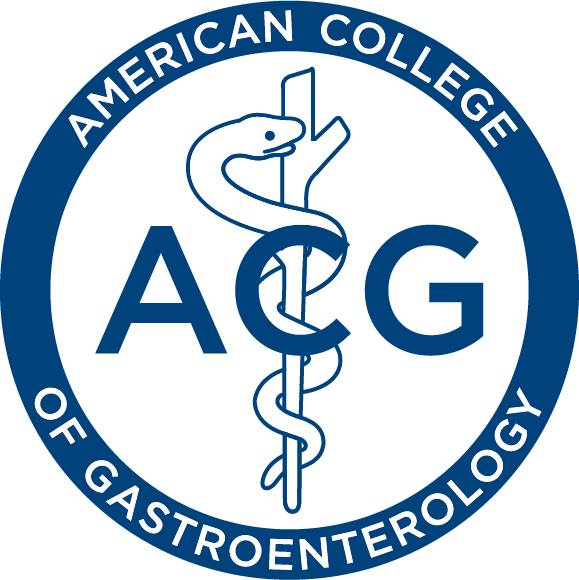Fecal Microbiota Transplantation for Childhood Constipation and More in the November Issue of AJG
American College of Gastroenterology (ACG)Fecal Microbiota Transplantation for Childhood Constipation and More in the November Issue of AJG

Fecal Microbiota Transplantation for Childhood Constipation and More in the November Issue of AJG
Gastroenterologist Amy S. Oxentenko, MD, FACG, was elected by the membership as the 2024-2025 President of the ACG, a national medical organization representing more than 19,000 clinical gastroenterologists and other specialists in digestive diseases.
Gastroenterologists and other GI health care professionals will convene at the Pennsylvania Convention Center in Philadelphia, PA, for the premier clinical gastroenterology event—the American College of Gastroenterology’s 89th Annual Scientific Meeting and Postgraduate Course (ACG 2024).
This year’s lectures highlight time and process management for physicians, leveraging networks for clinical research, innovations in endoscopy, kindness-influenced trust and healing, and personal and professional opportunities in Africa.
The October issue of AJG highlights new clinical science and reviews on insurance barriers to care in IBD and CRC screening, a follow-up strategy for small HCC, and the role of bowel prep quality in colonoscopy findings and CRC deaths.
The September issue of The American Journal of Gastroenterology includes an updated clinical guideline on Helicobacter pylori, providing new first-line recommendations for the treatment of the condition.
ACG and ASGE have issued recommendations on quality indicators for colonoscopy, the gold standard for colorectal cancer screening (CRC).
The August issue of AJG includes articles on IBD, including the use of telehealth and added risks for RSV hospitalization, and the updated nomenclature for metabolic dysfunction-associated steatotic liver disease (MASLD).
The July issue of The American Journal of Gastroenterology includes an updated clinical guideline on focal liver lesions, which are increasingly common findings in abdominal imaging.
The issue discusses population trends in obesity, the role of food insecurity and food-related behavior in obesity, how obesity affects predisposition to diseases and response to therapies, treatment and management options including exercise prescriptions, and the importance of a multidisciplinary approach in obesity management.
The May issue of The American Journal of Gastroenterology highlights new clinical science and reviews on hepatic encephalopathy management using a smartphone app’s artificial intelligence, cyclic vomiting syndrome prevalence and incidence, alcohol-associated liver disease and alcohol use disorder in young women, and polypectomy technique.
In the April issue of AJG: New clinical science and reviews on the effectiveness of H. pylori therapies, privacy considerations around video endoscopy as big data, liver disease and cirrhosis, and dysplasia detection in IBD.
The American College of Gastroenterology Free Virtual Event on March 28, 2024, at 8:00 pm ET, “Tune It Up: A Concert To Raise Colorectal Cancer Awareness”
New ACG Clinical Guidelines on the management of acute pancreatitis are featured in the March 2024 issue of AJG
A modeling study projecting the economic and social burden of alcohol-associated liver disease by 2040 is featured in the February 2024 issue of AJG, just one month after the new ACG Clinical Guideline on Alcohol-Associated Liver Disease
Carefully selected vignettes illustrate key concepts from ACG guidelines and provide multiple-choice questions to test readers’ knowledge
A new ACG Clinical Guideline on alcohol-associated liver disease (ALD) is featured in the January 2024 issue of The American Journal of Gastroenterology.
In the December issue of AJG: assisted reproductive technology among women with liver disease, strategies for incorporating sexual and gender minorities in GI research, anxiety/depression in GERD patients, and more.
The November issue of AJG highlights new clinical science and reviews including additional colonoscopy quality measures, higher infliximab concentrations in IBD patients with higher visceral adipose tissue (VAT), an automated tissue systems pathology test for Barrett’s esophagus, and opioid-related constipation.